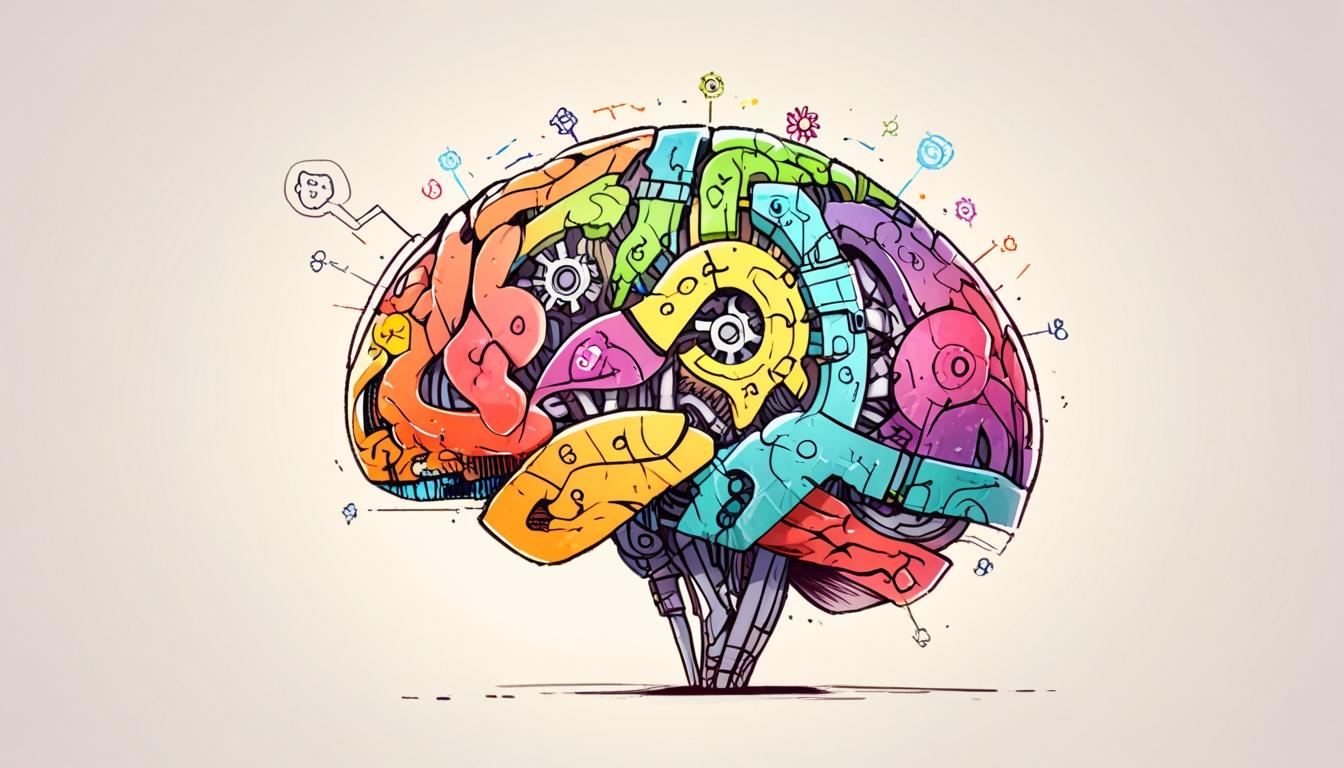The exploration of mental health through unconventional means has become a frequent subject of television, and the BBC's latest offering, "Change Your Mind, Change Your Life," is no exception. Promising to provide accessible therapy techniques, the series has drawn both interest and concern. The premise involves guiding individuals through their emotional challenges, with the aim of fostering personal growth and healing. However, critiques surrounding its methods suggest potential dangers lurking beneath its surface.
At the heart of the programme is Professor Steve Peters, who advocates for a mechanistic approach to overcoming anxiety and depression. In one particular session, he instructs James, a former amateur athlete struggling with post-stroke anxiety, to adopt an ‘automatic pilot’ mentality, essentially reducing him to a series of programmed actions. While some may argue this technique offers simple, actionable steps for those overwhelmed by mental health issues, others contend it undermines the complexity of emotional struggles. Critics liken it to outdated advice that borders on dismissive, echoing the once-popular notion of simply telling individuals to "pull themselves together."
This dichotomy illustrates the broader conversation about mental health in contemporary society, where the stigma around self-help has shifted but not entirely disappeared. In recent years, interviews and personal narratives have revealed the profound benefits of alternative practices like mindfulness and yoga. These methods not only enhance mental well-being through physical engagement but also foster deeper emotional insights. For instance, yoga has been shown to alter brain structure, increasing grey matter and enhancing networks responsible for emotional regulation. Mindfulness practices, similarly, have been linked to tangible changes in brain function, indicating their potential efficacy as therapeutic tools.
Further complicating the landscape of mental health treatment are programmes that juxtapose scientific methodology with personal experience. Shows like "A Year to Change Your Mind," hosted by Dr. Lucy Maddox, offer month-by-month guidance rooted in professional psychology. This series provides tangible coping strategies, thereby encouraging a more nuanced understanding of mental health that moves beyond simplistic advice and emphasises the importance of professional oversight. Dr. Maddox’s blend of clinical knowledge and practical application provides viewers with tools that are both actionable and grounded in psychological research.
Yet, the reliance on celebrity-hosted programmes like "Change Your Mind, Change Your Life" raises questions about the qualifications of those providing mental health guidance. The presenters, Matt and Emma Willis, while relatable and endearing, depend largely on their own therapy experiences rather than any formal therapeutic training. This situation may potentially mislead viewers into believing that the nuances of mental health can be understood without professional expertise.
Additionally, the portrayal of therapy in popular media often risks simplifying complex psychological issues into easily digestible and marketable formats. While there is merit in engaging the public in discussions about mental health, over-simplified narratives run the risk of trivialising serious conditions and their treatment. Viewers seeking help might be led to believe that they need only minor adjustments to effect change, rather than the systemic shifts often necessary for healing.
As the media landscape continues to explore mental health themes, it becomes increasingly vital to distinguish between entertainment and genuine therapeutic practice. While "Change Your Mind, Change Your Life" may attract viewers with its promising title and engaging format, the responsibility lies in ensuring that advice given is both safe and effective. The conversation surrounding mental health must evolve to embrace complexity rather than reductiveness, harnessing the power of both expert opinions and lived experiences to foster genuine understanding and support.
Ultimately, the challenge remains: how can society balance the desire for relatable narratives with the need for authenticity and expertise in mental health? As the discourse progresses, it is imperative that both individuals and media platforms commit to fostering environments that encourage well-informed approaches, paving the way for true healing and personal growth.
Reference Map:
- Paragraph 1: [1]
- Paragraph 2: [1]
- Paragraph 3: [2], [3]
- Paragraph 4: [4], [7]
- Paragraph 5: [1], [5]
- Paragraph 6: [6]
- Paragraph 7: [1]
Source: Noah Wire Services
